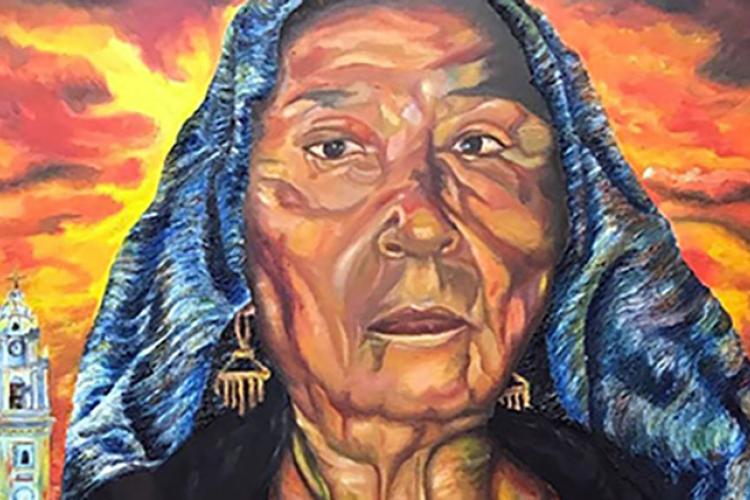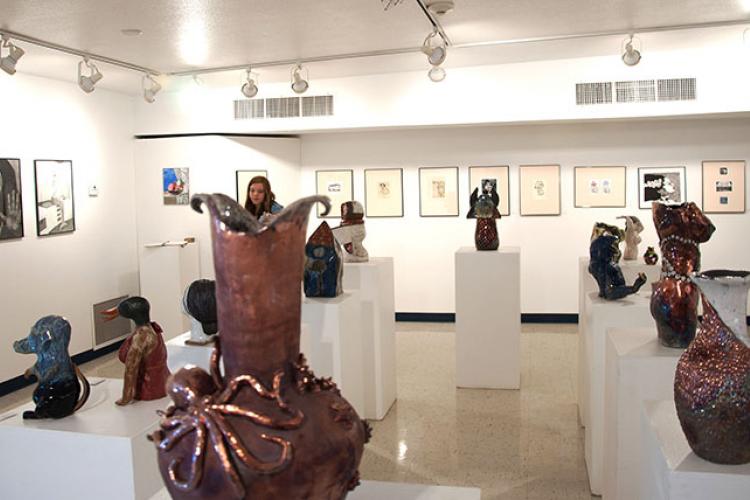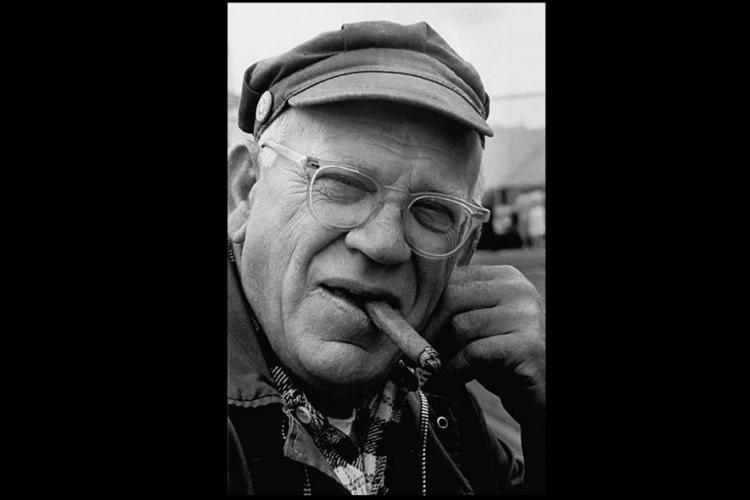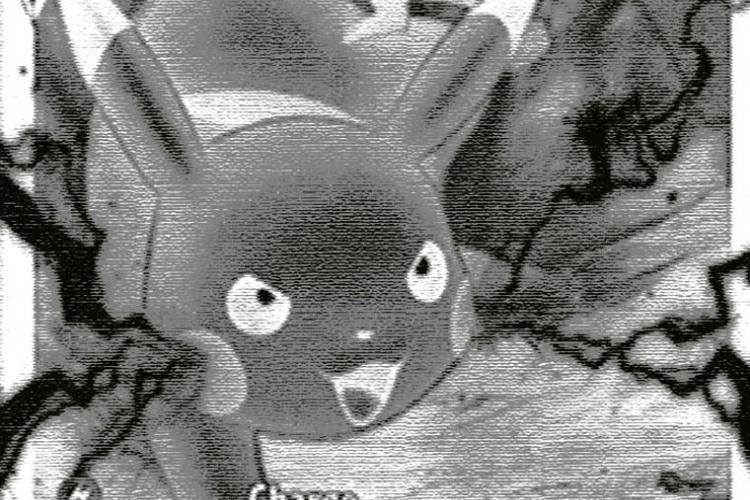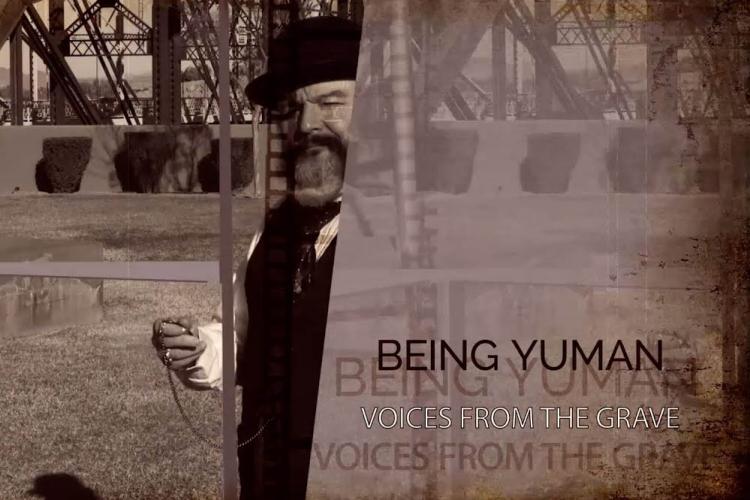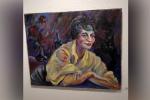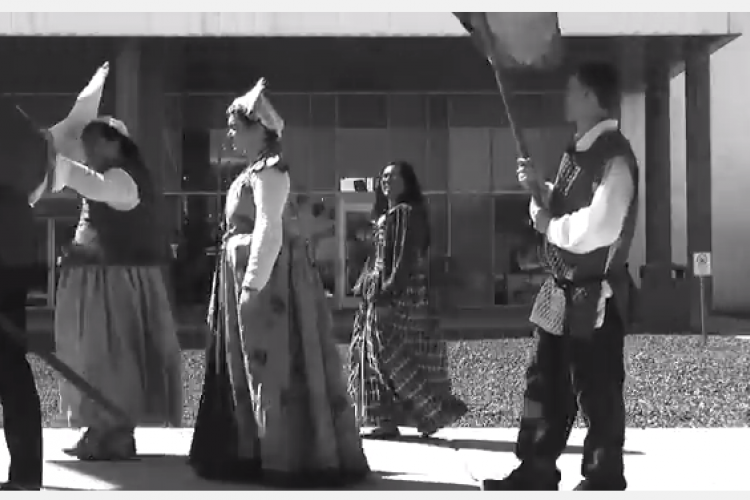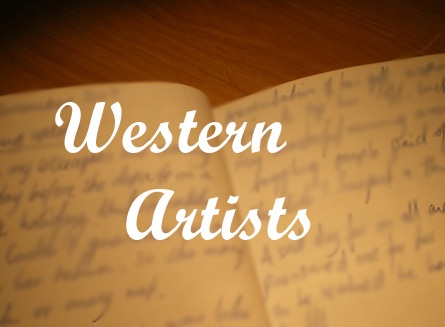
Many poets around the world let out an audible sigh of despair on March 29, 2010, at the stunning news that the poet known as Ai had passed away from complications of breast cancer. The news came a short month after the equally devastating word that another literary giant, Lucille Clifton, passed away of the same complications.
Ai, of African-American and Japanese heritage, was a rare breed of poet. Her work focused on the frank, the macabre, the violent and the dead. Her verses turned a sharp, keen eye towards the emotional landscape the depth and breadth of the experience of being human. In a word, her work was all about funk. Funkiness. Although never intending to shock the reader for shock's sake, Ai's poetry was always jarring, always brash, always genuine, heart-wrenching and real. In one breath she would describe the beauty of a young woman's dead limb and go on to profess her anger about requited love. Often the reader finishes a piece of her work wanting more questioning everything about the depth of emotion. Ai was the most complex of poets. She surpassed being "deep" a long time ago; she was simply abyssal. Known for her dramatic monologues, she is most famous for the following words:
"Ai is the only name by which I wish, and indeed, should be known. Since I am the child of a scandalous affair my mother had with a Japanese man she met at a streetcar stop, and I was forced to live a lie for so many years, while my mother concealed my natural father's identity from me, I feel that I should not have to be identified with a man, who was only my stepfather, for all eternity."
On the form of her work, she wrote,
"My writing of dramatic monologues was a happy accident, because I took so much to heart the opinion of my first poetry teacher, Richard Shelton, the fact that the first person voice was always the stronger voice to use when writing. What began as an experiment in that voice became the only voice in which I wrote for about twenty years. Lately, though, I've been writing poems and short stories using the second person, without, it seems to me, any diminution in the power of my work. Still, I feel that the dramatic monologue was the form in which I was born to write and I love it as passionately, or perhaps more passionately, than I have ever loved a man."
The following is an excerpt from her piece "Nothing But Color":
I didn't write Etsuko,
I sliced her open.
She was carmine inside
like a sea bass
and empty.
No viscera, nothing but color.
I love you like that, boy.
I pull the kimono down around your shoulders
and kiss you.
Then you let it fall open.
Each time, I cut you a little
and when you leave, I take the piece,
broil it, dip it in ginger sauce
and eat it. It burns my mouth so.
You laugh, holding me belly-down
with your body.
So much hurting to get to this moment,
when I'm beneath you,
wanting it to go on and to end.
Ai was a former visiting writer-in-residence at ASU. She was born and raised in Tucson, Arizona. She received numerous prestigious writing awards in her life among them the Guggenheim and the National Book Award.
Famous Collections of Poetry by Ai:
Cruelty, Houghton (Boston), 1973.
Killing Floor (Lamont poetry selection), Houghton, 1979.
Sin, Houghton, 1986.
Fate, Houghton, 1991.
Greed, W.W. Norton (New York, NY), 1993.
Vice: New and Selected Poems, W.W. Norton (New York, NY), 1999.
Dread, W.W. Norton (New York, NY), 2003.
Links:
http://www.poetryfoundation.org/archive/poet.html?id=80637
http://www.poets.org/poet.php/prmPID/268
http://www.english.illinois.edu/maps/poets/a_f/ai/about.htm

